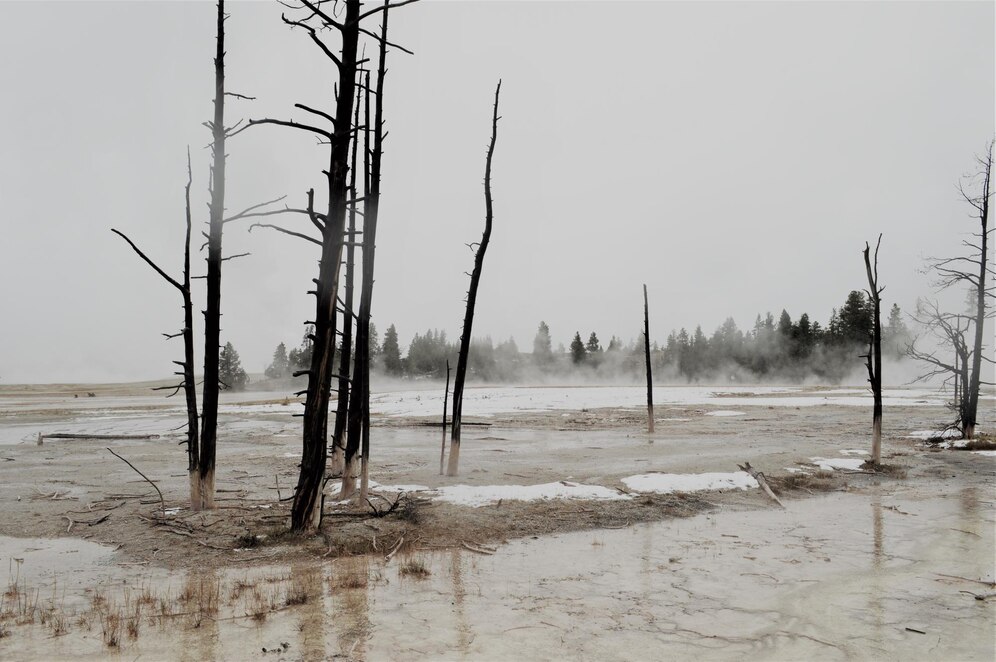
You’ve weathered the storm—literally. The hurricane passed, the floodwaters receded, or the wildfire was finally extinguished. You think the worst is behind you. But then… BAM! You open a letter from your insurance company only to find out your claim’s been denied. Say what now?
Natural disasters can leave more than physical destruction in their wake. They also toss homeowners into the whirlwind of insurance red tape, where the battle for compensation can be just as exhausting as boarding up your windows. That’s why understanding your rights and knowing what steps to take after a claim denial is absolutely crucial.
So buckle up, because we’re diving deep into how you can take charge, hold insurers accountable, and when it’s time to call in a residential property damage lawyer Boca Raton to fight in your corner.
The Harsh Reality of Post-Disaster Claim Denials
You’d think that after paying your premiums year after year, your insurance company would have your back when disaster strikes. Unfortunately, it doesn’t always work that way.
Common Reasons for Claim Denials:
- “Excluded peril” in your policy – Think flood damage when you don’t have separate flood coverage.
- Insufficient documentation – Not enough evidence to back your claim.
- Missed deadlines – Insurance companies love their timelines; miss one, and they might slam the door shut.
- Alleged pre-existing damage – They'll try to pin the damage on something that happened before the disaster.
- Policy lingo loopholes – Complex, vague wording insurers exploit to avoid payouts.
First Things First: Don’t Panic, Get Organized
Before you go all scorched-earth on your insurer (tempting, we know), you’ve got to get your ducks in a row. Organization is your best weapon in this fight.
What to Do Immediately After a Denial:
- Read the denial letter carefully – Look for the reason(s) they’ve outlined.
- Gather all your documentation – Photos, videos, receipts, estimates, and repair quotes. The more, the better.
- Check your policy – Re-read it with a magnifying glass. Highlight coverage sections that contradict their denial.
- Keep a log of communications – Dates, names, what was said—it’s all valuable ammo later.
- Request a detailed explanation in writing – Force them to go beyond vague statements like “not covered.”
When to Call in a Residential Property Damage Lawyer Boca Raton
Let’s be real—insurance companies have entire teams of lawyers whose job is to protect their bottom line. You should have someone in your corner too.
That’s where a residential property damage lawyer Boca Raton swoops in to save the day.
How a Lawyer Can Help:
- Break down your policy jargon – They’ll explain what’s really covered (and not).
- Challenge unfair denials – From filing appeals to taking it to court.
- Negotiate with the insurance company – Most insurers will budge when they see you’ve got backup.
- Handle all the legal paperwork – So you can focus on getting your life back, not your inbox.
Boca Raton Personal Injury Attorney Insight: What If You Were Injured Too?
Sometimes it’s not just your home that’s damaged—you might be dealing with injuries from the disaster. Maybe you slipped and fell during evacuation, got hurt boarding up windows, or suffered smoke inhalation.
A Boca Raton personal injury attorney can help you navigate that angle too. They’ll evaluate if there’s another party (like a negligent property manager or product manufacturer) responsible for your injuries and help you pursue additional compensation.
So if your post-disaster experience includes physical trauma, don’t leave money on the table.
Public Adjusters vs. Lawyers: What’s the Difference?
You might’ve heard of public adjusters—those folks who negotiate with the insurance company on your behalf. They can be helpful, especially if your claim is just complex or underpaid—not outright denied.
Here’s the Breakdown:
- Public Adjusters: Insurance-savvy pros who can estimate damages, file claims, and negotiate settlements. They usually take a percentage of the final payout.
- Lawyers: When things get ugly—denials, bad faith tactics, delays—it’s time to lawyer up. They can sue, force mediation, and get you compensated fully and fairly.
Often, both can work together. But if you're facing delay tactics or flat-out denial, a lawyer is your best bet—hands down.
Wrap-up
Still feeling overwhelmed? Don’t go it alone. The aftermath of a natural disaster is tough enough—fighting insurance companies shouldn’t be another storm you weather solo.
???? Reach out to Tarnovsky-Lopez Law—your go-to team for trusted legal support when insurance gets tricky. Whether you're dealing with a denial, delay, or lowball offer, they've got the skills and tenacity to fight for your full compensation. Let Tarnovsky-Lopez Law help you rebuild with peace of mind.
Comments